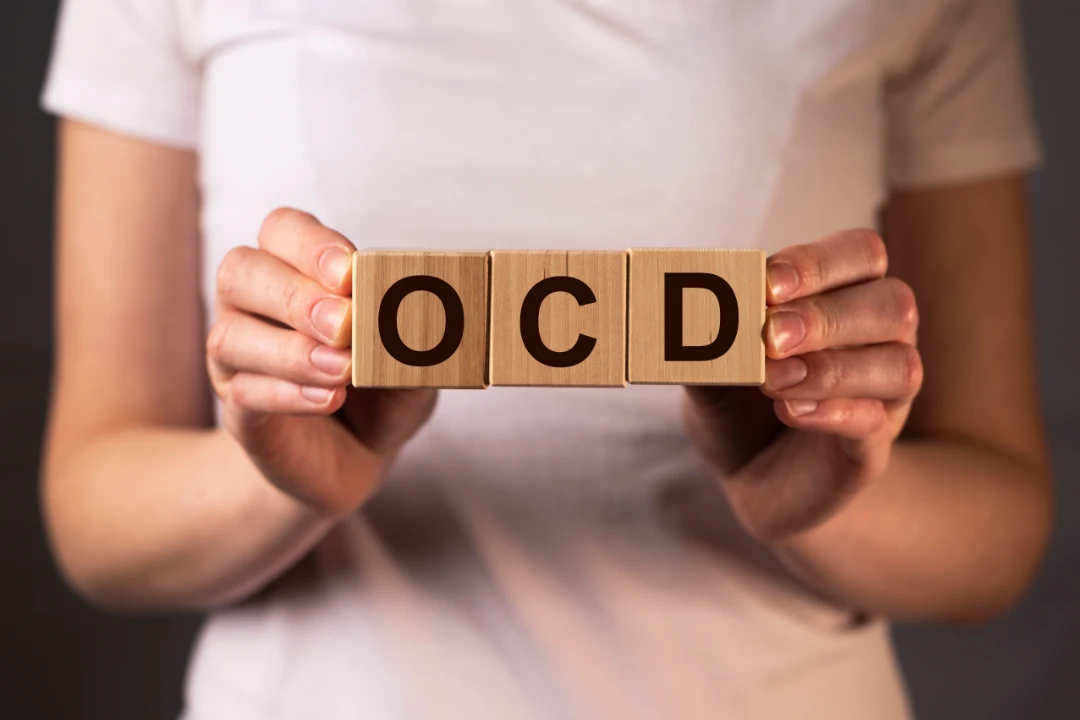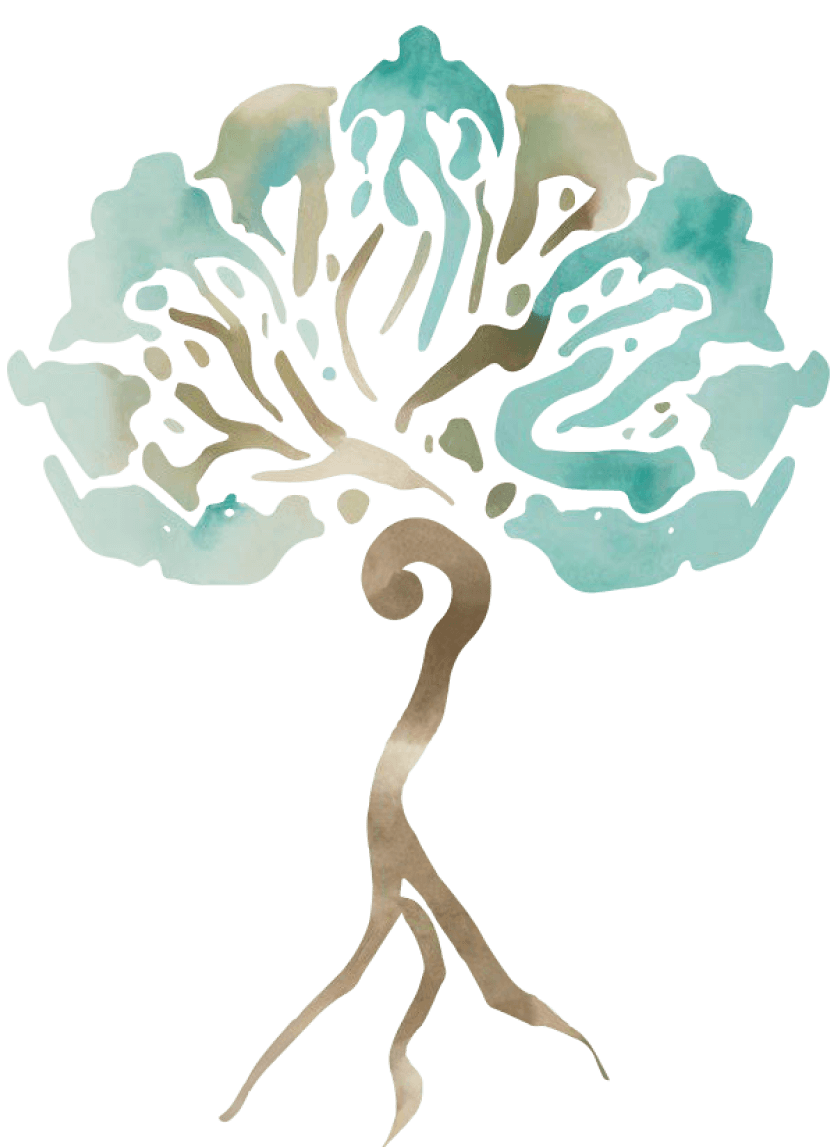Obsessive-Compulsive Disorder (OCD)
Obsessive-compulsive disorder (OCD) in adults occurs as recurring unwanted thoughts, known as obsessions, leading to repetitive behaviours or compulsions.
What is obsessive-compulsive disorder (OCD)
Obsessive-compulsive disorder (OCD) in adults occurs as recurring unwanted thoughts, known as obsessions, leading to repetitive behaviours or compulsions. These rituals disrupt daily life and generate significant distress. The cyclic nature of OCD prompts compulsive acts in response to distress, perpetuating the cycle.


One of the common themes of OCD is the excessive fear of contamination, which drives individuals to wash their hands repetitively. Despite attempts to dismiss or eliminate distressing thoughts, they persist in compelling ritualistic actions. Living with OCD can evoke feelings of frustration and shame. Seeking help can alleviate the impact of OCD, allowing you to regain control and manage the condition more effectively, ultimately improving your quality of life.
What causes obsessive-compulsive disorder (OCD)?
The exact cause of OCD remains unknown, yet several contributing factors have been identified:
- Genetics: genetics are believed to contribute to an individual developing OCD. Individuals with a first-degree relative, such as a biological parent or sibling, diagnosed with OCD face an elevated risk, particularly if the relative developed the condition in childhood or adolescence.
- Biological aspect: neurologically, structural differences in the frontal cortex and subcortical areas have been observed in those with OCD through imaging studies. Additionally, associations exist between OCD and neurological disorders impacting similar brain regions, such as Parkinson’s disease, Tourette’s syndrome, and epilepsy.
- Previous medical conditions or trauma: the Paediatric Autoimmune Neuropsychiatric Disorders Associated with Streptococcal Infections (PANDAS) highlights a group of conditions, including OCD, that may affect children after strep infections, affecting individuals in adulthood. Furthermore, studies suggest a link between childhood trauma, encompassing experiences like abuse or neglect, and the onset of OCD.
What are the symptoms of obsessive-compulsive disorder (OCD)?
The primary indicators of OCD encompass disruptive obsessions and compulsions that hinder regular activities, impacting aspects such as punctuality for work or the ability to prepare for bed promptly. Acknowledging the problematic nature of these symptoms, you may find them challenging to restrain despite understanding their illogical or irrational nature. The cyclical nature of OCD symptoms entails fluctuations in intensity over time, potentially easing or worsening.


Obsessions manifest as intrusive thoughts causing heightened anxiety, with common themes such as:
- Fear of contamination
- Concerns about causing harm
- Unwanted sexual thoughts
- Obsession with morality
Compulsions, on the other hand, involve repetitive actions performed to alleviate obsessions despite lacking pleasure in doing so. While providing temporary relief, compulsions prove ineffective in the long run as obsessions resurface, reinstigating the compulsive cycle.
Examples of compulsions include:
- Specific arrangement of items
- Excessive cleaning or washing
- Collecting unnecessary items
- Repeated checking of locks
- Seeking constant reassurance
- Engaging in rituals related to numbers
- Avoiding situations that trigger obsessions (such as refraining from touching frequently used objects)
If these symptoms disrupt your daily life, seek advice from a qualified psychiatrist.
Does obsessive-compulsive disorder (OCD) cause physical pain?
The experience of OCD is often described as distressing rather than physically painful. The distress stems from the intrusive nature of obsessions, causing heightened anxiety. The accompanying compulsions, repetitive actions aimed at alleviating the obsessions, can be mentally exhausting and time-consuming. While the anguish is more psychological, the impact on daily life, relationships, and overall well-being can be substantial.
Who is at risk of obsessive-compulsive disorder (OCD) in Singapore?
In Singapore, individuals from various backgrounds may be at a higher risk of developing OCD if they have the following risk factors:
Family history
Those with a family history of OCD may be at a higher risk.
High stress
High-stress environments, such as competitive academic or work settings, could contribute to the development of OCD symptoms.
Mental health conditions
Individuals with other mental health conditions, such as anxiety or depression, may be at an increased risk of OCD. The fast-paced and demanding nature of modern life may impact individuals’ mental health, potentially making them more susceptible to OCD.
Recognising the risk factors and seeking timely support can aid in managing and mitigating the impact of OCD.
How is obsessive-compulsive disorder (OCD) diagnosed?
To diagnose OCD, several steps are typically undertaken; these are:


- A psychological evaluation involves discussing your thoughts, emotions, symptoms, and behaviour patterns to determine if obsessions or compulsive behaviours are adversely affecting your quality of life.
- This evaluation may extend to conversations with your family or friends. A physical examination eliminates other potential causes of your symptoms and identifies any related complications.
Diagnostic challenges may arise due to similarities with other mental health disorders, such as obsessive-compulsive personality disorder (OCPD), anxiety, depression, or schizophrenia. Additionally, individuals may have comorbid conditions, further complicating the diagnosis.
Collaboration with your doctor is crucial to ensure an accurate diagnosis and appropriate treatment. This process aims to differentiate OCD from other disorders through a comprehensive assessment of psychological and physical aspects, enhancing the effectiveness of subsequent interventions.
What are the treatment options for obsessive-compulsive disorder (OCD)?
The primary treatment approach for OCD typically involves a combination of psychotherapy and medication.
Psychotherapy, often referred to as talk therapy, encompasses various techniques aimed at identifying and modifying unhealthy emotions, thoughts, and behaviours.
- Cognitive behavioural therapy: cognitive behavioural therapy, or CBT, focuses on altering detrimental thoughts and replacing negative habits with healthier coping mechanisms.
- Exposure and response prevention: exposure and response prevention (ERP), a subtype of CBT, exposes individuals to feared situations, helping them resist compulsions and understand that anxious thoughts may not reflect reality.
- Acceptance and commitment therapy: acceptance and commitment therapy (ACT) fosters acceptance of obsessive thoughts, empowering individuals to lead meaningful lives despite OCD symptoms.
Medication, specifically serotonin reuptake inhibitors (SRIs) and selective SRIs (SSRIs), along with tricyclic antidepressants, may be prescribed to alleviate OCD symptoms.
SSRIs include:
These are commonly recommended at higher doses than for anxiety or depression. It may take 8 to 12 weeks for these medications to demonstrate efficacy. Collaborating with your psychiatrist is essential to ensure tailored interventions for optimal results.
Frequently asked questions
Is OCD just anxiety?
In OCD, unique features not typically found in anxiety disorders include attempts to neutralise intrusive thoughts and repetitive thoughts arising from unrealistic uncertainties.
Is OCD a form of autism?
No. OCD and Autism Spectrum Disorder (ASD) share symptoms but differ in nature. OCD is a mental health disorder emerging during one’s lifetime, while ASD is a developmental condition present from birth.
Can OCD be cured?
OCD cannot be completely cured, as intrusive thoughts tend to persist inherently. However, individuals with OCD can learn to recognise their obsessions and find relief without giving in to compulsions.

Reach out towards recovery
Readily available help
There are numerous resources catered specifically for young adults, including counselling services at colleges and universities, and employee assistance programs (EAP) at many workplaces.
Confidentiality
We respect your privacy—any discussions you have with us are kept strictly confidential.
Holistic wellbeing
Your mental health matters just as much as your physical health. Taking care of your mind is a crucial part of your overall wellbeing.

